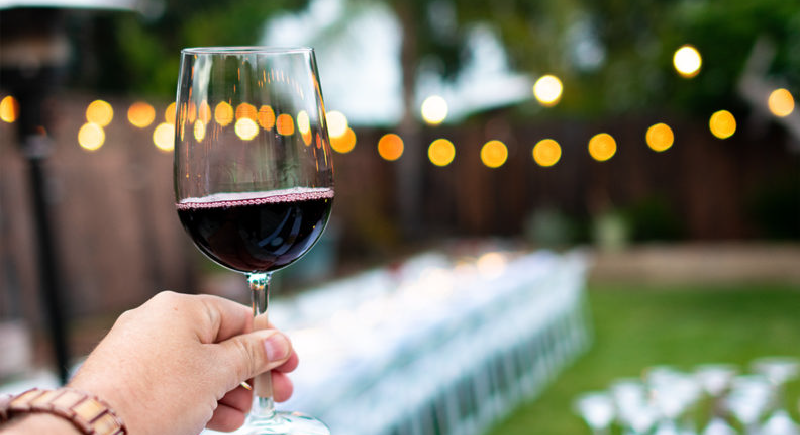
July 2, 2020 New “experience audit” guides wineries in boosting sales for re-opening amid COVID-19
RICHLAND, Wash. – With increased restrictions for businesses amid COVID-19, a Washington State University Tri-Cities professor has created an “experience audit” to assist wineries in analyzing experiences offered and areas where sales and revenue can be boosted.

Byron Marlowe, WSU Tri-Cities professor
Byron Marlowe, WSU Tri-Cities Don Smith Distinguished Professor and director of wine and beverage business management, said service management, experience design and creating positive memories are at the foundation of visitor intent to re-visit and repurchase. Therefore, conducting audits of wineries as it pertains to the customer experience, especially in light of the COVID-19 shutdown of wineries across the state, is imperative, he said.
The four “Ps” that can create a richer picture
“This audit systematically identifies components of what is known as the four ‘Ps’ – product, price, place and promotion, within a winery that enhance customer experience,” he said. “The collected feedback from staff, customers, vendors and owners’ experiences can provide a richer picture of what your winery and tasting rooms may choose to emphasize or revise in your business’ offerings as you reopen amid COVID-19.”
Marlowe said during the regular peak season, wineries may not have the time or thought to reevaluate their customers’ experiences and what can set them apart.
“This is a perfect time to do that and get a head start in boosting your sales for your winery or tasting room,” he said.
The four “Es” that round out consumer experience
With the four “Ps,” the audit takes users through what are known as the four “Es” of the experience economy, which are educational experience, esthetic experience, entertainment and escapist experience.
Educational experience refers to the contribution of the winery or tasting room to the consumer’s knowledge, skill or personal development. An example could include offering a wine pairing or tasting course.
Esthetic experiences refer to the winery’s opportunity to immerse the consumer into a unique, harmonious and/or sensory-appealing environment. This could include the physical attributes of a space or the visual appeal of the menu.
Entertainment refers to the consumer’s enjoyment of a performance or related programming. This could include a fish tank off to one side of the venue, live music or a product catalog that provides funny testimonials from customers.
Escapist experiences refer to providing ways for consumers to actively participate in creating a different sense of place or time. This could include featuring wines that are custom-labeled with customers’ artwork or a slideshow played on the property and online that shows customers stomping grapes during a harvest festival.
“Each element should add sensory pleasure, meaning and personal relevance for the customer,” Marlowe said. “These are ways for you to set yourself apart from other businesses and even other wineries.”
Online tools and faculty expertise available
The experience audit is available online on the WSU Tri-Cities website. Marlowe said he is also happy to chat with local wineries about how to best use the audit to boost their business.
Visit the WSU Tri-Cities wine and beverage business and hospitality business management programs online for more information.
WSU Tri-Cities is accepting applications for enrollment for fall 2020 throughout the summer.
Media contacts:
Byron Marlowe, WSU Tri-Cities Don Smith Distinguished Professor and director of wine and beverage business management, 509-372-7436, byron.marlowe@wsu.edu
Maegan Murray, WSU Tri-Cities public relations/communication coordinator, 619-403-3617 (cell), maegan_murray@wsu.edu





